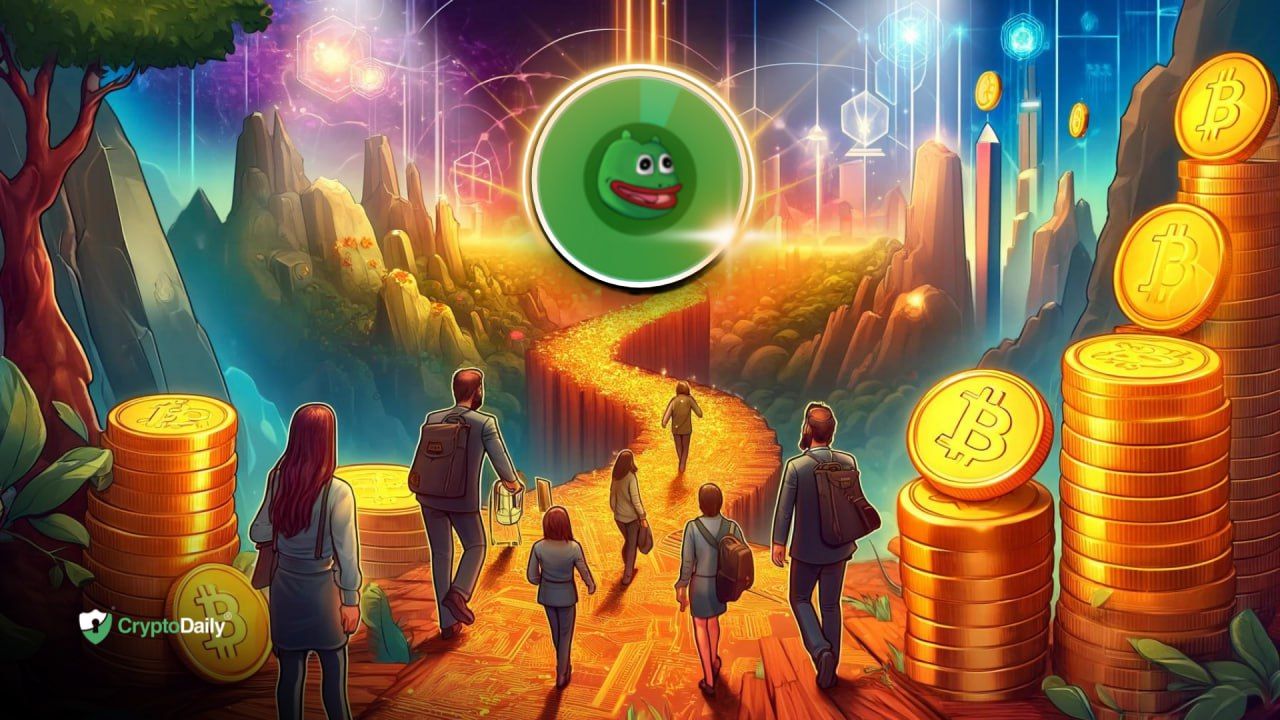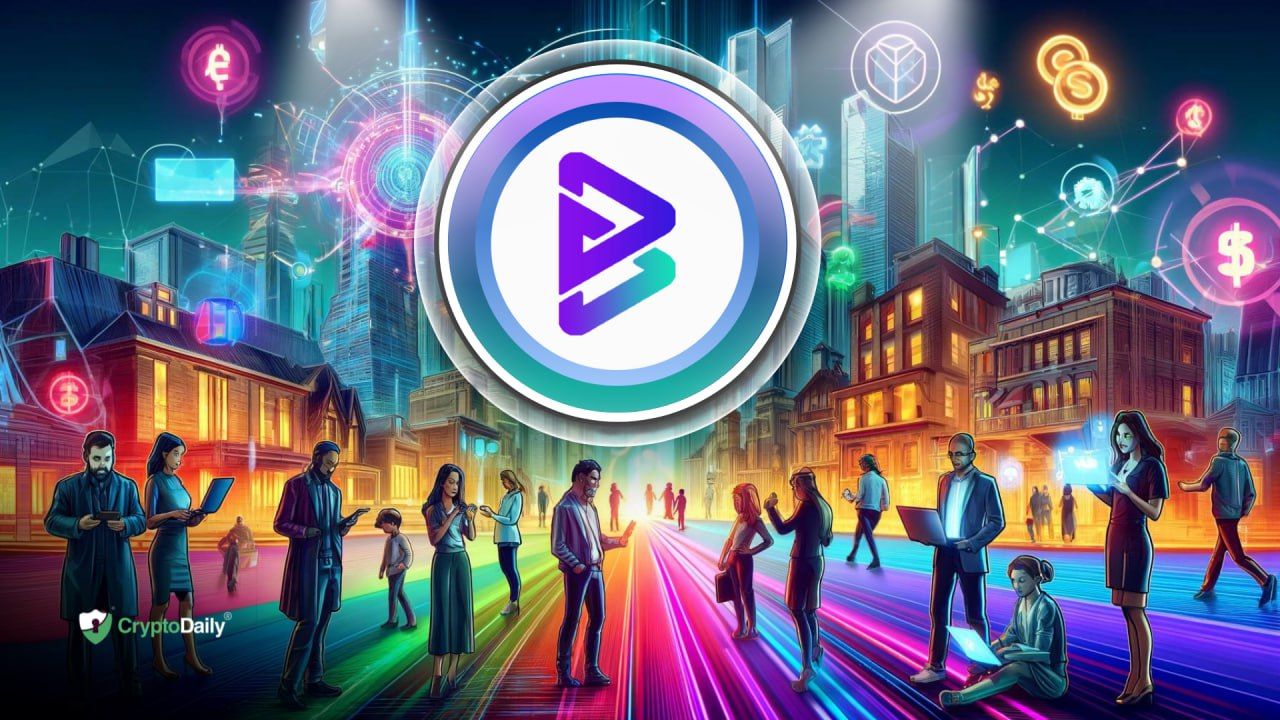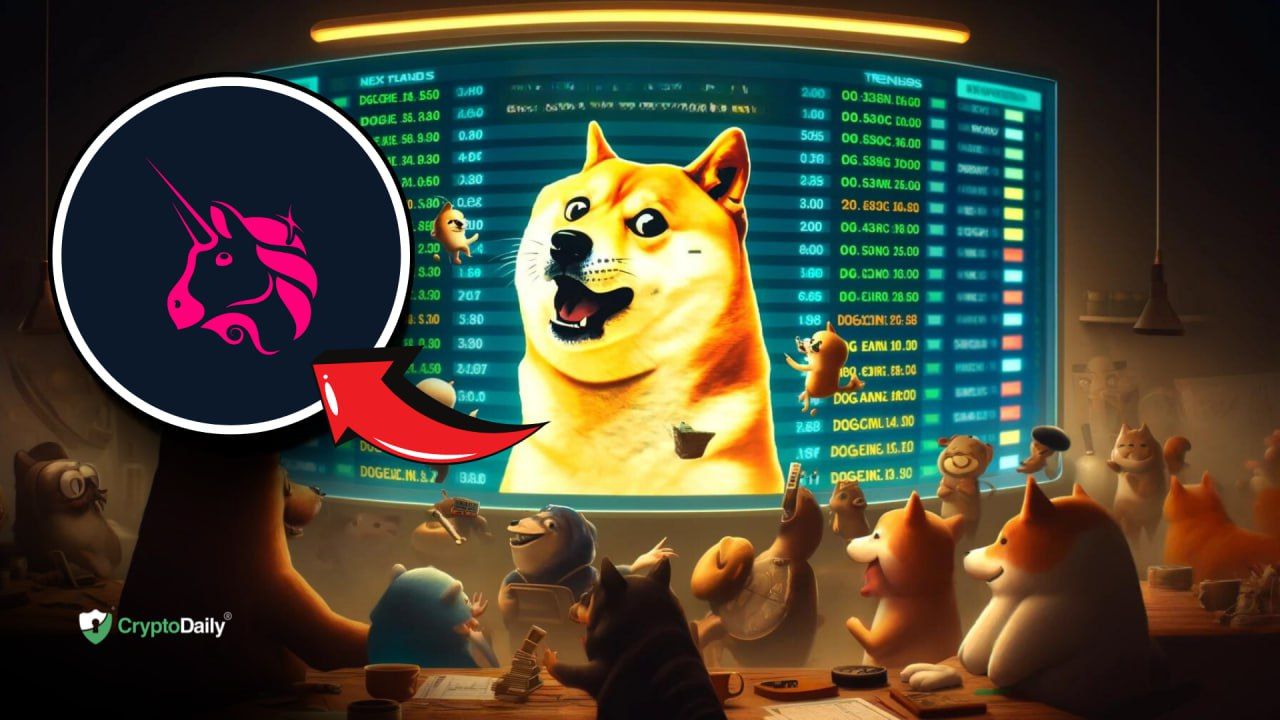If there’s one thing declining cryptocurrency prices are good for — besides providing great buying opportunities — it’s trimming the fat in the industry. With the great cryptocurrency boom that occurred in late 2017, the industry was overrun with snake oil salesmen and many less than stellar projects running Initial Coin Offerings (ICOs) of their own.
Now that the dust is settling, the industry is beginning to weed out much of the unnecessary noise and focus on the worthwhile projects. In recent news, the US Securities and Exchange Commission (SEC) charged two well-known ICO promoters for their participation in the promotion of projects without disclosing the nature of their relationships to the projects.
Famous music producer Khaled Mohamed Khaled, better known by his stage name “DJ Khaled,” and pro boxer Floyd Mayweather both settled with the SEC for their involvements with cryptocurrency ICOs. On top of paying back the money earned for promoting the offerings, Khaled and Mayweather are also required to pay additional penalties and interest.
After the fallout of both high-level promoters, the cryptocurrency community is becoming increasingly aware of the need for greater transparency in the industry. Whether talking about transparency in ICOs and their promotion or the link between developers and cryptocurrency communities, clarity and openness are crucial now more than ever for the growth of the industry. Here’s why — and how — that will happen in the coming years.
Why Transparency is Key
With the crypto-mania from 2017 cooling down, it’s time for blockchain-based companies to focus on sustainable growth for the long term. Though the bull of late 2017 lead to the rise of near $20,000 bitcoin prices, it came with such speed and momentum that many investors and projects were looking to capitalize on the movement without the proper foundation for their efforts.

“Fear of missing out,” or “FOMO,” fueled the great bull run as everyone in the fintech space was looking to get in on the blockchain explosion. Unfortunately, FOMO can often lead to the creation of more dubious projects that lack quality in their offerings to the crypto community.
Now that the markets have calmed down, the blockchain space is able to focus more on the projects making strides rather than the quick flashes in the pan. The markets are maturing. Part of the maturing process is growing the communities in the blockchain space with a focus on decentralization.
As a core tenet of the blockchain revolution, decentralization is imperative for the success of the industry moving forward. A great way to accomplish this is by fostering more communication between blockchain developers and the communities they’re developing for (and with).
Decentralization must reflect not only the way the technology is implemented, but the way the greater community is organized as well. Rather than taking the approach of a large tech company like Alphabet or Apple where the developers and producers are isolated from the community, blockchain projects should be one with the people they’re serving. Not only does this ensure a better experience for users, but it also helps the developers create a better platform.
How Do Projects Achieve Openness?
After recognizing the importance of openness in the industry, blockchain projects have different options when it comes to achieving it. Certainly, the most obvious answer to this is community engagement for most projects. But what exactly does that mean? Does it mean running a Telegram group and a sub-Reddit to answer questions, blast announcements, and promote your projects? The answer, of course, is both yes and no.
Telegram groups, sub-Reddits, blog updates, etc. are all important aspects of engaging with a community, but there are other steps that can (and should) be taken as well. One of the most recent examples of this is from Qtum, which recently announced its ambassador program. The program is looking to include real people from the community who support the project and are looking to drive further community development. Qtum, along with others like Ontology, has recently been added to the Binance ‘Gold Label’ list, meaning that they’ve been vetted by Binance and are credible projects that keep their communities and investors up to date and informed.
Ambassador programs are great ways for blockchain projects to connect with the community in a more personable way. Ambassadors go to local blockchain meetups, lead events of their own, and interact with the blockchain community in person, rather than just online. Ultimately, the goal of the initiative is to democratize the entire process of development and give more power to the users by fostering offline communities. Decentralization means a greater focus on community users rather than one-off investors and traders.
Looking Forward
The blockchain industry is maturing and that means less tolerance for frivolous projects offering no real value to the markets. With that in mind, it’s imperative that the remaining blockchain projects — the ‘meat’ of the industry, rather than the fact that’s been trimmed away over the past year — continue to interact with their communities with openness and transparency. Communities want to know what the developers and leaders are doing and project leaders want to hear feedback from the community to improve and move forward. In the words of Winston Churchill: “To improve is to change; to perfect is to change often.”










